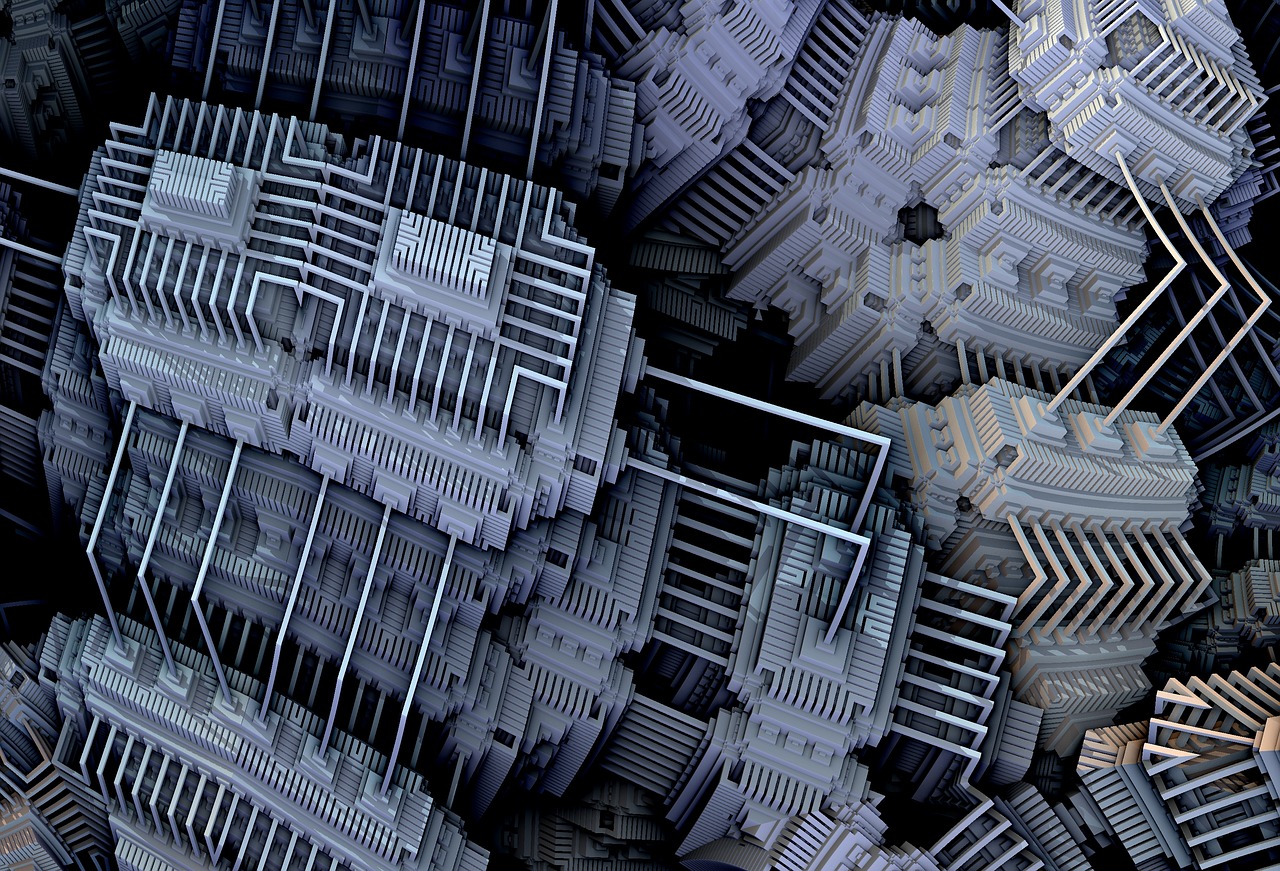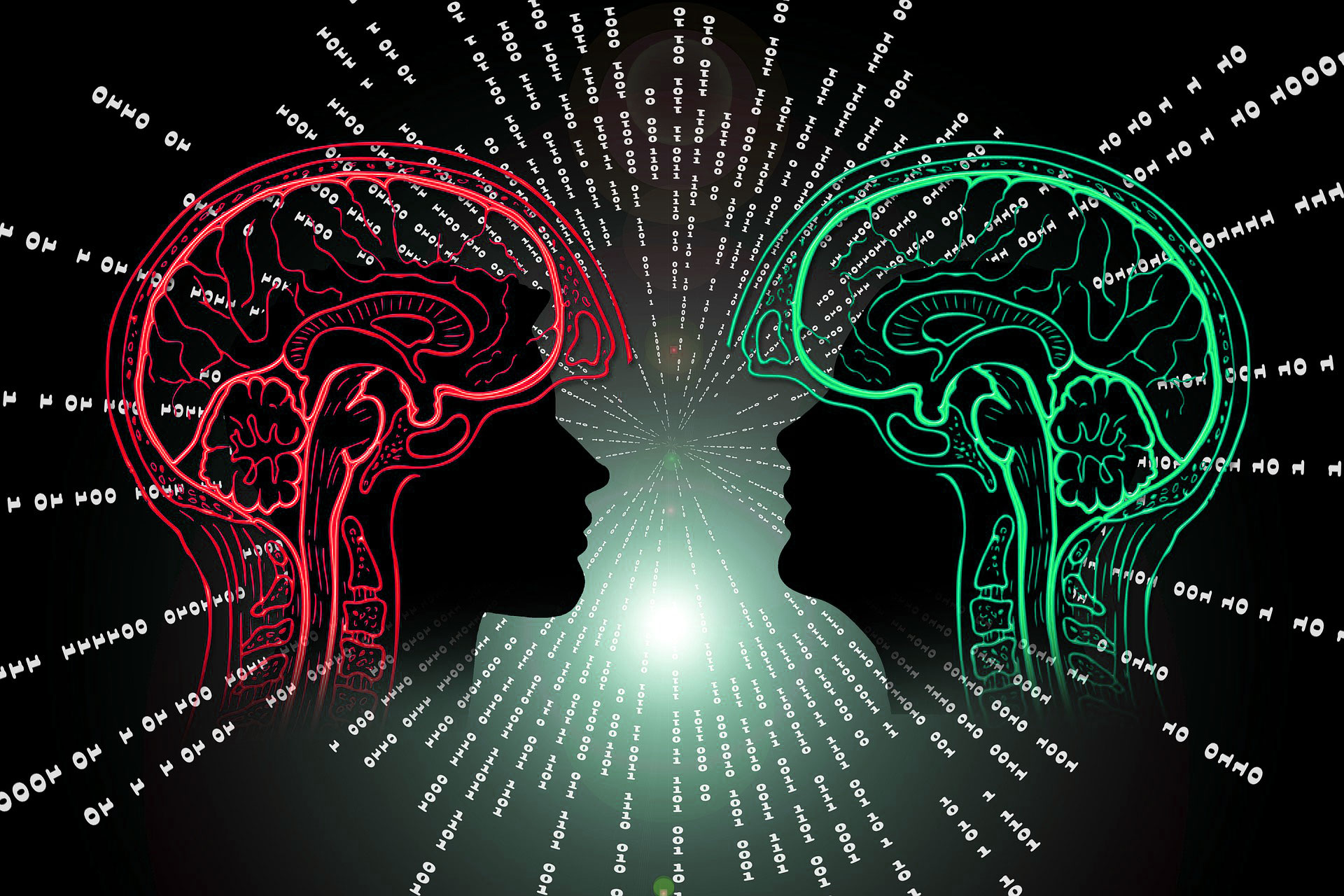With companies like as WeMo, Qualcomm, and Google all hopping on the quantum computing bandwagon in recent months, it’s no surprise that the technology is generating headlines.
Quantum computing makes use of quantum bits (qubits), which are capable of doing far more calculations than normal bits. But, what precisely are qubits, and how do they work? And how do they function? Let’s have a look and see.
Quantum computing is a method of leveraging the power of quantum mechanics in order to do certain activities that would otherwise require supercomputers to complete using standard computers. It is possible to address numerous types of computation issues using the principles of quantum theory, such as superposition and entanglement, in this area of computer science. Compared to previous generations of computing technology, quantum computing represents a significant step ahead. It operates in an unusual manner and allows for a doubling of the processing speed of regular computers compared to traditional computers. Additionally, it provides greater complexity and functionality than a traditional computer architecture.
During a speech at the American Physical Society’s annual meeting in California in 1984, Richard Feynman forecasted the arrival of computers that would be much more powerful than any machine that had come before them. These super-strong computers, he asserted, may appear to be works of magic. They are referred to as quantum computers.
When performing operations on data, quantum computing makes use of quantum-mechanical phenomena such as superposition and entanglement, which are seen in quantum mechanics. Quantum computers are distinct from binary digital electronic computers based on transistors, which are also known as binary digital electronic computers. Quantum computation, in contrast to conventional digital computing, needs that the data be encoded into binary digits (bits), each of which is always in one of two definite states (0 or 1), whereas conventional digital computing requires that the data be encoded into binary digits (bits) (qubits). An individual qubit can therefore be in a state that is a linear mixture of numerous classical states at the same time. This enables the application of the underlying quantum theory, known as quantum logic, in a practical setting.
Quantum computing is a term that refers to computer technology that makes use of the concepts of quantum physics to operate. A quantum computer is defined by the ideas of qubits (short for “quantum bits”) and quantum gates, which are two of the most important notions in the field. Qubits require the qubit states of atoms, as well as electron spin or nuclear spin. Because of these states of matter, the qubit exhibits qualities comparable to regular bits, in that it can be in one of two states: either 0 or 1. This is analogous to the behavior of a typical bit.
The following may not appear to be particularly intriguing, but I assure you that it is, since quantum computers use a type of quantum parallelism to process information considerably more quickly than classical computers. It is necessary to examine the concepts of superposition, entanglement, and quantum gate operations in order to completely comprehend what this entails. Problems that would take classical computers years to solve will be solved in days, if they can even be solved at all, thanks to quantum computing.
Quantum computing is a branch of computer science that is concerned with the ideas that underpin quantum mechanics and quantum entanglement. It aims to process information by taking advantage of quantum mechanical phenomena such as superposition and entanglement. Quantum computers have the potential to usher in a technological revolution on par with, if not larger than, the Industrial Revolution in the United States. It is predicted that such computers would be able to execute a wide range of jobs significantly more swiftly than electronic computers, including solving mathematical problems that are today impossible to solve even with supercomputers such as IBM Watson’s Watson.
If there’s one thing we don’t have in abundance in the twenty-first century, it’s computational power. No matter how tiny or specialized your company is, you will almost certainly be able to obtain all of the computation resources you require to conduct a profitable operation. Every second, billions of transactions are processed by financial institutions. It takes more computer power to operate a current car than it did to operate the NASA shuttle flight control center in the late 1970s.
Science fiction and theoretical physics have long speculated about the possibility of such a thing. As of right now, it is on the edge of displacing more traditional computing technology. As far as technology goes, quantum computing is the wave of the future. People have predicted that, once completely developed, it will be able to address many of the problems that we face today and open the door to a whole new universe of possibilities for mankind.
Quantum computing is a topic that is rapidly gaining popularity in the field of computer science. Initially, quantum computers were considered to be the stuff of science fiction novels, but humans are increasingly discussing the potential benefits of these machines in everyday life. Quantum computers, it is now believed, have the ability to revolutionize our lives and make them more manageable in many ways. Physicist Stephen Hawking has stated that “if you analyze how computation works on a silicon computer, you find that it’s impossible to reach (efficiency) above roughly 80% using classical physics,” however using quantum physics allows us to go much closer to 100%.
Whatever your profession, whether you are a man in a white lab coat or a simple student leaving class, everyone is likely to be curious about this new phenomena known as Quantum Computing. One thing is certain: quantum computing is no longer an area of experimentation reserved for a small group of scientists working with complex machines, but rather an area with potential applications in business, science, and the rest of the world. It is the technology of the future, and it is here now. People have predicted that, once completely developed, it will be able to address many of the problems that we face today and open the door to a whole new universe of possibilities for mankind.
A real parallel computing architecture can be considered with this system. It possesses characteristics such as superposition and entanglement that are not found in standard computer architectures such as the Cray family of computers. This enables them to perform calculations in parallel, which allows them to perform calculations many times quicker than normal computers with less space. Quantum computers are capable of a wide range of new applications, each of which has its own set of advantages. However, it is the applications that have the most immediate impact on our daily lives.
These concepts have existed for decades, but current advancements in nanotechnology and the exponential growth of computer processing power are bringing them closer to reality. Quantum computing may be used to break current encryption protocols and may also be utilized for computer modeling and simulation, among other applications. According to IBM, quantum computers have the potential to aid in the development of artificial intelligence systems as well.
We still don’t understand everything about quantum computing, but it’s evident that it has the potential to revolutionize the world as we know it in the near future. That so, quantum computers are still considered to be in their infancy and will continue to remain so for the foreseeable future. The topic of whether or not a real quantum computer will ever be built remains to be determined. If this is the case, it will have far-reaching ramifications for all branches of science, the magnitude of which we can only begin to comprehend. It has the potential to drastically alter the way we live, work, and play. In a nutshell, the ramifications are enormous — and it is well worth keeping an eye on them.
Image Credit: Dcstudio – Freepik.com




3 thoughts on “Quantum Computing: The Future of Technology?”